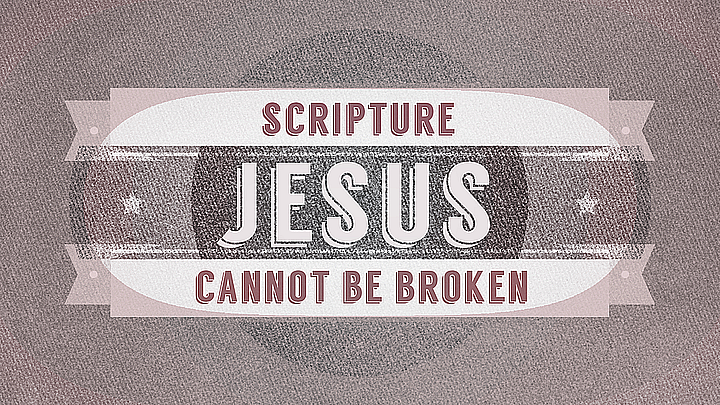
Now and then a biblical studies student tells me that he does not believe in biblical inerrancy because we no longer have the original manuscripts (autographs), and there are undeniable copyist errors in the existing manuscripts. But surely, this objection is based on a confusion of categories? After all, the doctrine of biblical inerrancy is based not on “original codex” as on “original text.” I assume that the doubting student is assured that contemporary textual criticism gives us confidence in accepting the restored text represented by Nestle Aland/UBS Greek New Testament to be practically speaking an accurate representation of the original text (not codex). One may likewise extend one’s confidence in the restored Old Testament text
Perhaps, the doubting student has confused the evangelical doctrine of inerrancy with the old Fundamentalist dictation theory of inspiration. It would be good for doubters like him to give serious considerations to a more carefully defined doctrine of inerrancy. Sam Storms recent article, “10 Things You Should Know about Biblical Inerrancy” would be a good start.
I wonder how those students (and their lecturers?) who doubt the inerrancy of the Bible maintain their faith. It is true that “error in one text” does not entail error in all texts, but it does certainly entail the case of uncertainty in all the other texts.
Finally, I suspect those avant-garde Christians who promote “limited inerrancy” never really witnessed to thoughtful non-Christians. It would be interesting to know the outcome when they witness to a Muslim and say, “It is true that my Bible contains error, but you can still believe in Jesus Christ.”
I patiently await their reports.
Related Posts:
Inerrancy of the Bible: Defined and Defended. Part 1
Inerrancy of the Bible: Defined and Defended. Part 2